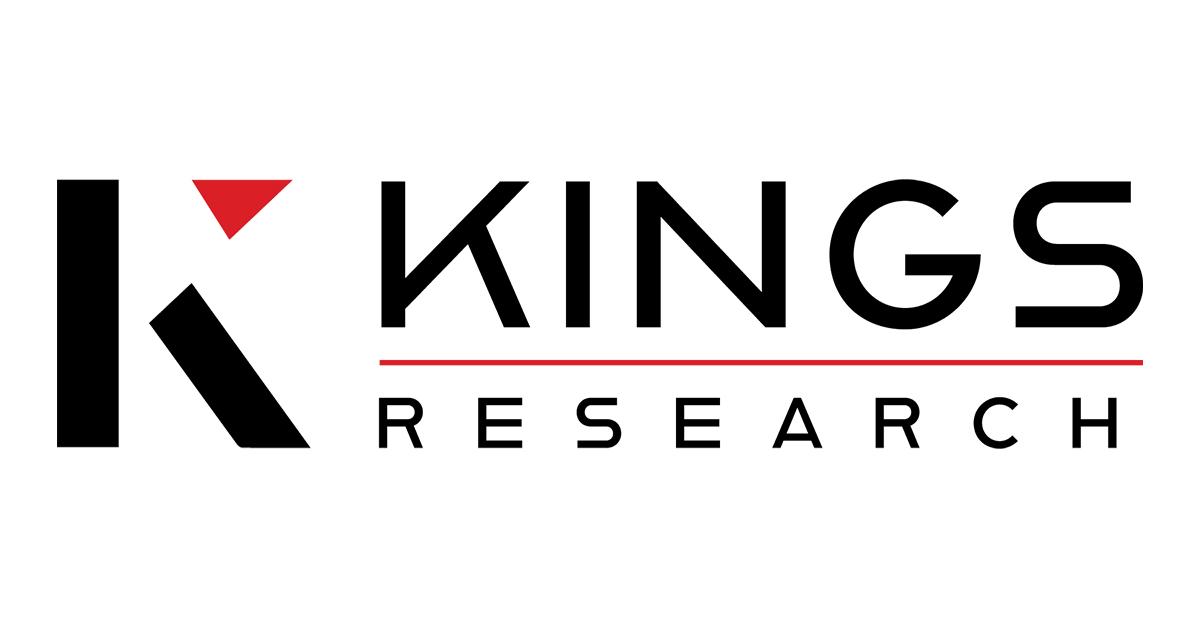Commandité
Personalized Nutrition Gains Traction in the U.S. Dietary Supplements Landscape

The U.S. dietary supplements market, valued at USD 67.09 billion in 2024, is projected to grow at a compound annual growth rate of 7.9% from 2025 to 2034, driven by sustained consumer demand for preventive health solutions, rising chronic disease prevalence, and an aging population. As the largest national market globally—accounting for over 40% of worldwide supplement sales—the United States sets the benchmark for product innovation, regulatory frameworks, and distribution models. However, its trajectory cannot be assessed in isolation; it is deeply influenced by regional dynamics across Europe, Asia Pacific, and emerging markets, where divergent regulatory environments, cultural attitudes toward health, and supply chain configurations shape global competitiveness. North America, led by the U.S., operates under the Dietary Supplement Health and Education Act (DSHEA) of 1994, which allows for relatively flexible market entry compared to the European Union’s stringent pre-approval requirements. This regulatory advantage has enabled rapid product iteration and a thriving direct-to-consumer (DTC) ecosystem, with brands like Ritual, Care/of, and Thorne leveraging digital platforms to personalize offerings and scale efficiently.
Europe presents a more cautious and science-driven landscape, where the European Food Safety Authority (EFSA) mandates rigorous substantiation for health claims, limiting marketing flexibility but enhancing consumer trust. Countries like Germany, France, and the UK prioritize evidence-based formulations, particularly in vitamin D, omega-3s, and probiotics, creating a high-barrier, high-value market. U.S. exporters targeting Europe must comply with Novel Foods regulations and conduct costly clinical trials, slowing market penetration. In contrast, the Asia Pacific region—particularly China, Japan, and South Korea—is experiencing rapid expansion due to rising disposable incomes, urbanization, and growing middle-class demand for premium health products. China’s “Healthy China 2030” initiative has catalyzed investment in functional foods and supplements, while Japan’s FOSHU (Foods for Specified Health Use) system provides a regulatory model that balances innovation with safety. These regional frameworks influence cross-border supply chains, as U.S. manufacturers source raw materials such as ginseng from Korea, fish oil from Peru, and curcumin from India, exposing the industry to geopolitical and climate-related disruptions.
Read More @ https://www.polarismarketresearch.com/industry-analysis/us-dietary-supplements-market
Regional manufacturing trends in the U.S. are shifting toward automation, clean-label production, and GMP-certified facilities to meet quality expectations and reduce contamination risks. Contract manufacturers such as Nutraceutical International Corporation and FutureCeuticals have invested in AI-driven quality control and blockchain-based traceability to enhance transparency. Market penetration strategies in emerging economies increasingly involve e-commerce partnerships with platforms like Alibaba, JD.com, and Amazon Global, where U.S.-branded supplements are marketed as premium, scientifically backed products. Additionally, U.S. firms are localizing formulations for regional preferences—offering gummies in Southeast Asia, liver detox blends in South Korea, and traditional herbal combinations in India—to improve cultural resonance and adoption.
The competitive landscape is dominated by diversified health and consumer goods conglomerates with strong R&D and distribution networks.
- Amway
- Pharmavite (Nature Made)
- Bayer (One A Day, Flintstones)
- Nestlé Health Science
- GlaxoSmithKline (Centrum, Culturelle)
- Church & Dwight (Vitafusion, Osteo Bi-Flex)
- Nature’s Bounty (by Nestlé)
- CRN member independents (e.g., Thorne, Jarrow Formulas)
More Trending Latest Reports By Polaris Market Research:
Neurostimulation Devices Market
North America Automated Test Equipment Market
Organoids And Spheroids Market
Plastic Waste Management Market





